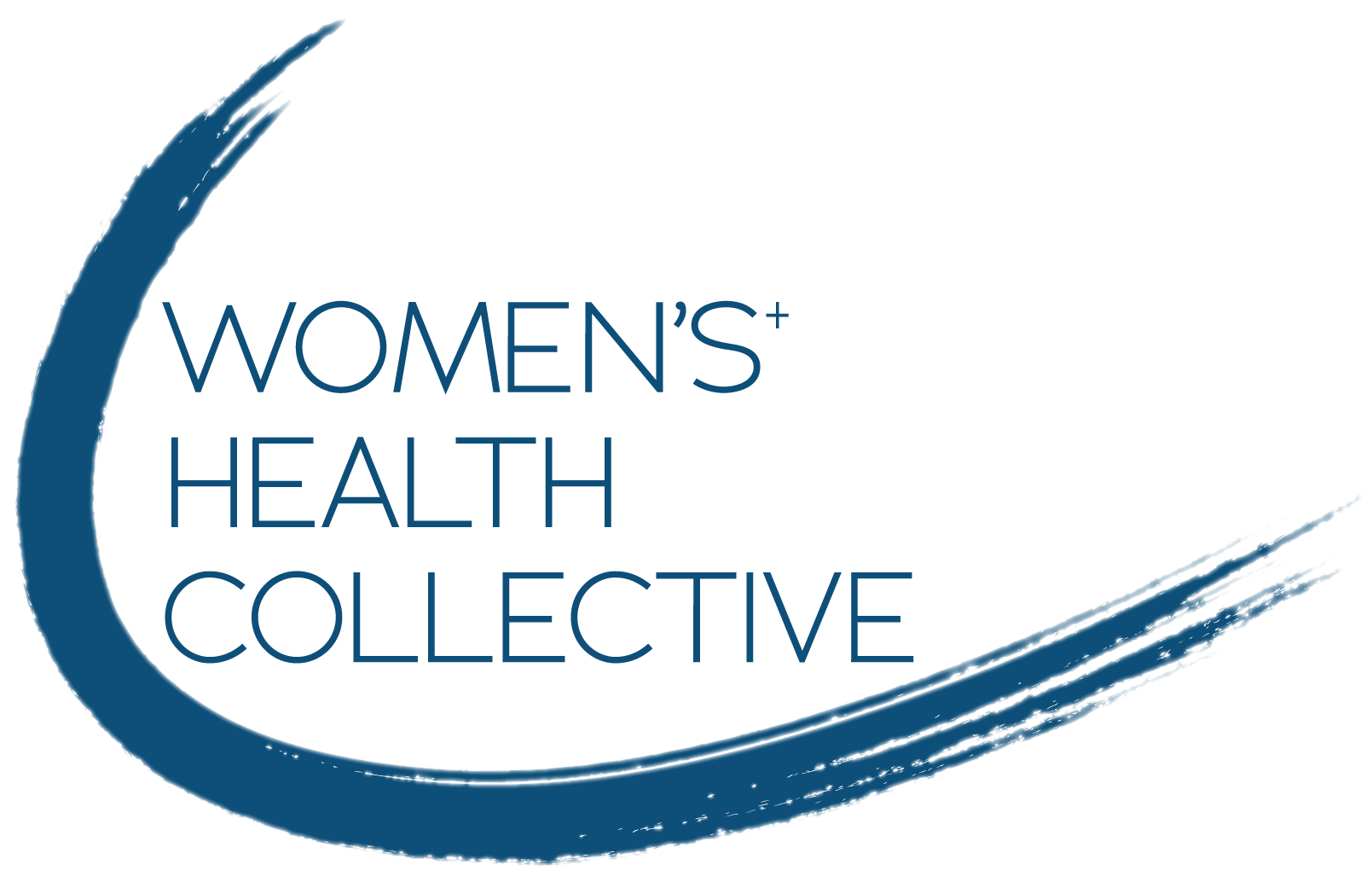Authentic Sexual Health Care
How you experience sexual health, wellness, and pleasure go beyond the physical. At the Women's+ Health Collective, we believe that your sexuality is a fundamental and vital piece of who you are, interweaving cultural influence, personal experience, psyche, and much more to reveal wants, desires, cues, and attractions that are uniquely yours.
Every person deserves and is capable of a relationship with their body that is positive, fulfilling, authentic, and free of shame. The path to your optimal health and comfort begins with embracing your sexuality as a deeply personal expression of self, one that tells the story of what is mentally, physically, and emotionally serving you and what is not. We offer comprehensive condition treatments for the following and more.
Arousal Disorders +
Personal factors such as depression, low-self esteem, anxiety, stress and relationship problems are commonly cited as interfering with sexual arousal. However, many external and physiological factors – such as your body’s reaction to prescription medications – are known to cause arousal disorders as well. It is important to carefully examine all areas of your life when determining both the cause and the treatment for an arousal disorder.
Dyspareunia +
Marked by pain during intercourse or other sexual activities involving vaginal penetration, pain can range from a superficial irritation at the vaginal opening to a deep, intense pain felt internally near the pelvis. Where the pain is felt helps us identify the cause of the dyspareunia. Frequently, pain associated with dyspareunia will cause the pelvic muscles to contract during penetration, resulting in more discomfort.
Orgasmic Disorders +
It is not uncommon for people to occasionally fail to achieve orgasm due to situational issues such as common life stressors like inadequate sleep, or maybe the lock on the bedroom door hasn’t been installed yet and foreplay is at a minimum. Whatever the cause, people with Orgasmic Disorders consistently cannot achieve an orgasm despite adequate sexual stimulation and arousal. We’re here to help you get your orgasms back!
Gender Diversity/Fluidity +
While some individuals lead happy, healthy lives in the sphere of gender diversity/fluidity, many may experience societal or familial pressures that can make living their true gender identity confusing and, at times, painful. It is not uncommon for gender diverse/fluid individuals to experience depression, stress or anxiety. Fortunately, these issues can be worked through via psychological therapy and family counseling. Gender diversity/fluidity is perfectly natural.
Hypoactive Sexual Desire Disorder +
HSDD is denoted by a chronic lack of interest in sex or sexual activity. While it is normal for someone's interest in sex to fluctuate due to distress and other situational factors, HSDD is marked by an on-going lack of interest that causes emotional and mental stress in the person experiencing it. While HSDD can be frustrating for you and your partner, you aren’t alone and this condition is completely treatable.
Pelvic Pain / Overactive Pelvic Floor +
When someone has an overactive pelvic floor, this muscular base finds itself contracting with unnecessary frequency and intensity. This can cause an extreme tightening of the pelvic floor or the vagina which makes sexual activity or penetration painful or impossible.
Persistent Genital Arousal Disorder +
PGAD is indicated by excessive, unwanted physical arousal without a desire for sexual activity. Symptoms of physical arousal can include increased blood flow and tingling in the genital area and increased production of vaginal secretions. People with PGAD may experience symptoms of physical arousal for hours or days at a time despite a complete lack of mental or emotional arousal. They may even orgasm but achieve no resolution of symptoms.
Sexuality After Cancer +
A cancer diagnosis prompts many large, life-altering questions about treatment options, next steps and survival. Yet, after months or even years focused purely on the question of surviving, gradually other more everyday questions of daily life begin to come back into focus. One of the most common and yet most difficult of these questions to ask is: What does sex and sexuality look like after cancer?
Recurrent Vaginitis +
An inflammation of the vagina, vaginitis is denoted by vaginal discharge, itching and pain. While vaginitis is frequently caused by a change in the normal balance of vaginal bacteria, lowered estrogen-levels (for example, after menopause or while breastfeeding) have also been known to cause vaginal inflammation. There are multiple types of vaginitis, contact our office to learn more.
Vaginismus +
Vaginismus is characterized by the involuntary contraction of the muscles around the vaginal opening. While those with vaginismus may become emotionally/mentally and physically aroused, they often find intercourse extremely painful or even impossible due to the muscular contraction.
Vulvar and Vaginal Skin Disorders +
While frequently not discussed, vulvar/vaginal skin disorders are actually quite common. Though many people immediately associate vulvar skin irritation to the presence of a sexual transmitted infection, this is not always the case. Skin irritation around the vulva can be linked to a variety of factors including the types of clothes you wear, the shower products you use and the physical activities you participate in as well as certain autoimmune disorders.
Vulvodynia (AKA Vestibulodynia) +
At its most basic vulvodynia, sometimes called vestibulodynia, is a marked sensitivity or pain felt at the opening of the vagina. While symptoms can vary greatly, people with vulvodynia frequently find sexual penetration and even light touching to the vulva extremely painful. Many have experienced these symptoms for a number of years prior to seeking treatment with our providers.


